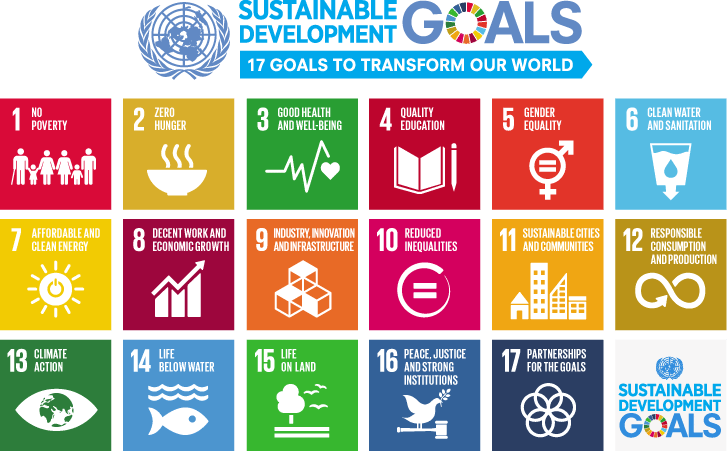The United Nations (UN) is an international organization founded in 1945. Currently made up of 193 Member States, the UN and its work are guided by the purposes and principles contained in its founding Charter.
The UN has evolved over the years to keep pace with a rapidly changing world.
But one thing has stayed the same: it remains the one place on Earth where all the world’s nations can gather together, discuss common problems, and find shared solutions that benefit all of humanity.
The UN is at the heart of making sure that all countries develop a sustainable approach to the planet, in particular ensuring that we prevent a catastrophic rise in the average temperatures across the globe. Thus they have developed the IPCC (Intergovernmental Panel on Climate Change) which has developed, critiqued and established the science on climate change. They have agreed targets with their member states for reduction in emissions of household gases. It is working on the elimination of fossil fuels, and support for poorer nations.
As part of their mission, they have developed seventeen sustainable goals in support of their aim of promoting world peace and prosperity. These are illustrated in the following chart. You can click on the button to go straight to the chart’s explanation.

At the heart of our work are:
- Sustainable Cities and Communities (11)
- Climate Action (13)
- Responsible Consumption and Production (12)
- Reduced Inequalities (10)
However it is impossible to ignore or put aside any of the other objectives, and we recognise the fact that many of these goals are interconnected – thus Climate Action will lead to better Life on Land, Good Health and Wellbeing, and Clean Water and sanitation. Because the organisation covers nearly the whole world, getting agreement across all nations is necessarily difficult.
Our principal aim is to reduce emissions by people across the world of harmful gases. However, there are many countries, for instance in the Middle East, whose main income comes from the production and consumption of fossil fuels – around $ 1 trillion +. So they will resist the pressure on their industries.
Ultimately the argument rests on whether people believe that the survival of the planet for all is best supported by the actions of the some who are impacted by the changes required.